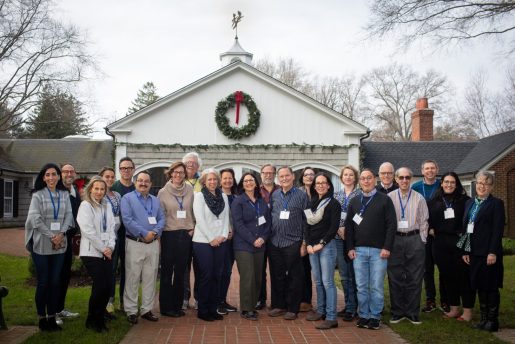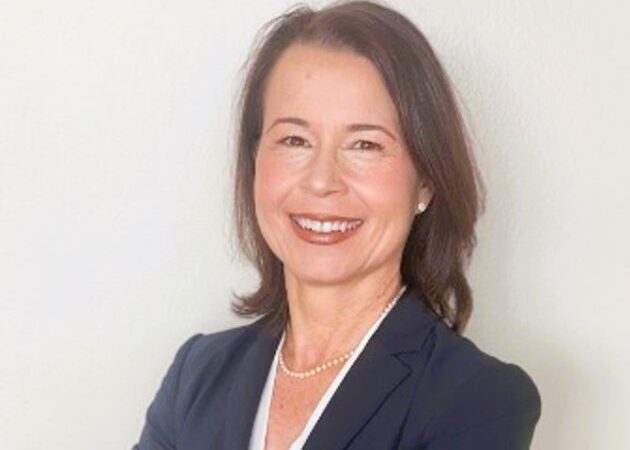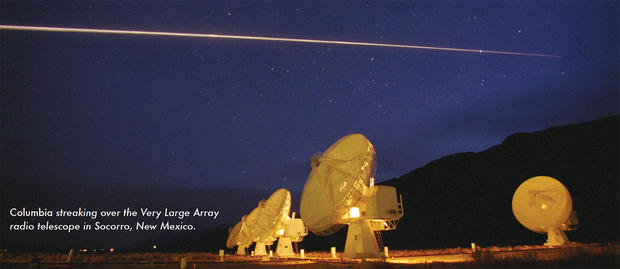Good Ethics to Good Science in Commercial Spaceflight Human … – Baylor College of Medicine
The world is watching as the commercial spaceflight industry takes shape. More than ever, Spaceflight Participants – the Federal Aviation Association (FAA) approved term for the private individuals who journey to space – are engaging in research during their journey from Earth, adding to the body of knowledge on the body in space and after space. Because of increased access to space exploration and the larger and more diverse pool of spaceflight participants, opportunities for human research will increase exponentially in the coming years. However, the regulatory environment for this new industry is still evolving.
To ensure human safety and access to quality science, it’s crucial to develop an ethical framework that guides human health research on commercial spaceflights. The Translational Research Institute for Space Health (TRISH) invests in high-impact scientific and technological advances to help humans thrive wherever they explore, in space or on Earth. Because it has worked seamlessly with commercial space industry partners, federal agencies, researchers and spaceflight participants, TRISH is well-positioned to lead the discussion on the medical ethics of human research in commercial spaceflight.
To address this need, TRISH partnered with Baylor College of Medicine’s Center for Medical Ethics and Health Policy to convene a group of space research industry leaders and medical ethicists in December 2022. The meeting, which was held at the Banbury Center of Cold Spring Harbor Laboratory, included representatives from academia, government and spaceflight companies, as well as ethicists and policy experts.
The meeting’s participants discussed the need for international human research ethics standards in the commercial spaceflight industry to promote harmonization, cooperation and efficiency. Such a framework would provide consistency across companies and, ultimately, lead to a thriving space economy.

A Social Responsibility for Space Research
For health researchers, the increased number and more diverse population comprising spaceflight participants offers exciting opportunities to understand how a larger expanse of humans adapt and respond to the hazards of space exploration. Spaceflight participants represent a wider spectrum of age, health and physical traits than government-selected astronauts. Spaceflight participants that contribute to human research will help us prepare for a future space economy that includes scientists, workers and tourists.
With fewer than 600 people ever going into space, research opportunities are extremely limited. Acknowledging this, meeting participants considered that there could be a social responsibility for all individuals going to space to participate in health research, making it safer for all who follow. This research also benefits spaceflight companies by helping to characterize and develop reduction strategies for health risks, making spaceflight safer for future clients.
The Common Rule or a Space Rule?
Currently, in the United States, there is no standard set of regulations governing human research during spaceflight by private companies. The Common Rule applies to federally funded research (i.e., grants from NASA, the National Institutes of Health or TRISH) involving human subjects. It does not currently apply to research that does not use federal funds or resources. For example, research sponsored entirely by a private citizen and carried by a commercial space company could leave a gray area for the oversight and protection of human research subjects in space, possibly exposing the human subject and other crewmembers to potential health and safety hazards.
A document on the guiding principles for ethical human commercial spaceflight research is being prepared and will further the public conversation about human research ethics in space. Meeting participants discussed a commitment to stewardship and collaboration in future policy development. Additionally, they emphasized research prioritization and data sharing – including the use of TRISH’s EXPAND commercial spaceflight participant database – to promote scientific excellence and limit inefficiencies.
Subscribe to the TRISH newsletter for future updates in this area.
By Rachel Dempsey, director of business strategy and development for the Center for Space Medicine at Baylor College of Medicine and operations, communication and education officer, Translational Research Institute for Space Health






